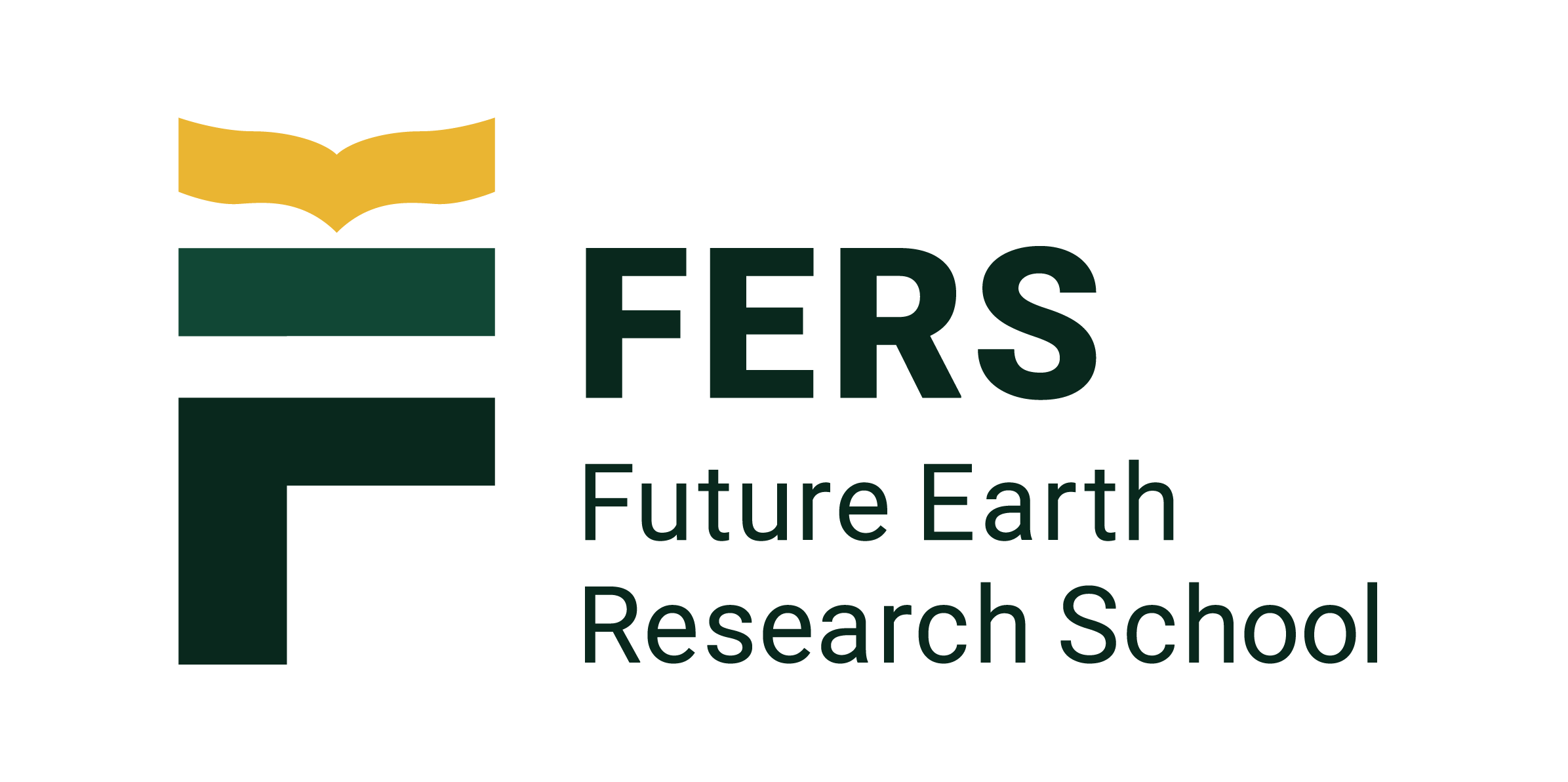The second course of the Future Earth Research School on “Adaptation and sustainable risk management” kicked off in Bertinoro (FC) this week. 16 participants from 7 countries are confronting the challenge of climate change adaptation, mentored by an outstanding faculty and engaged in participatory activities, looking for practical solutions.
The effects of climate change are becoming more and more tangible. Especially in recent years extreme events such as heat waves, heavy rains and floods are becoming more frequent. Based on the results of the IPCC, it is clear that in some regions of the world, there would be fewer droughts, heat waves, heavy rain events and floods if global warming could be limited to 1.5 °C instead of 2 °C by the end of this century.
From 3 to 15 October 2022, the second course of the Future Earth Research School (FERS) on “Adaptation and sustainable risk management” is taking place in Bertinoro (FC), Italy. Through lectures, discussions, and participative exercises in small break-out groups, participants can explore the topic of climate change adaptation in-depth, also thanks to the collaborations established with two companies, a hospital and a local administration based in the Emilia Romagna region.
The course is held by an outstanding faculty composed of Daniela Jacob, Director of the Climate Service Center Germany (GERICS); Laurens Bower, senior scientist at the Climate Service Center Germany (GERICS); Kristie Ebi, Professor at the Center for Health and the Global Environment, University of Washington, Seattle; Maria Manez, Professor at the Polytechnic University of Valencia and Alberto Montanari, full professor of Hydrology and Water Resources Management at the University of Bologna and president of the European Geosciences Union (EGU)
16 PhD students, young researchers, and professionals from Italy, Iraq, Brazil, Spain, Mexico, Uganda, and Denmark are attending the course, aimed at understanding how risks occur and how they can be assessed and managed to focus on the interaction between the physical and human environment, and how risks are shaped by their interactions.
Four challenges will engage the students in finding new policies for adaptation, allowing them to explore the issue from a political, economic and social point of view.
Coordinated by the CMCC Foundation and funded by the Emilia-Romagna Region, FERS provides high-level scientific courses that give researchers the tools to understand and anticipate future global environmental challenges. A new FERS School on “New methods in climate data science” will be held in Spring/Summer 2023. In due course, more information and the call for applications will be published on the FERS website.


